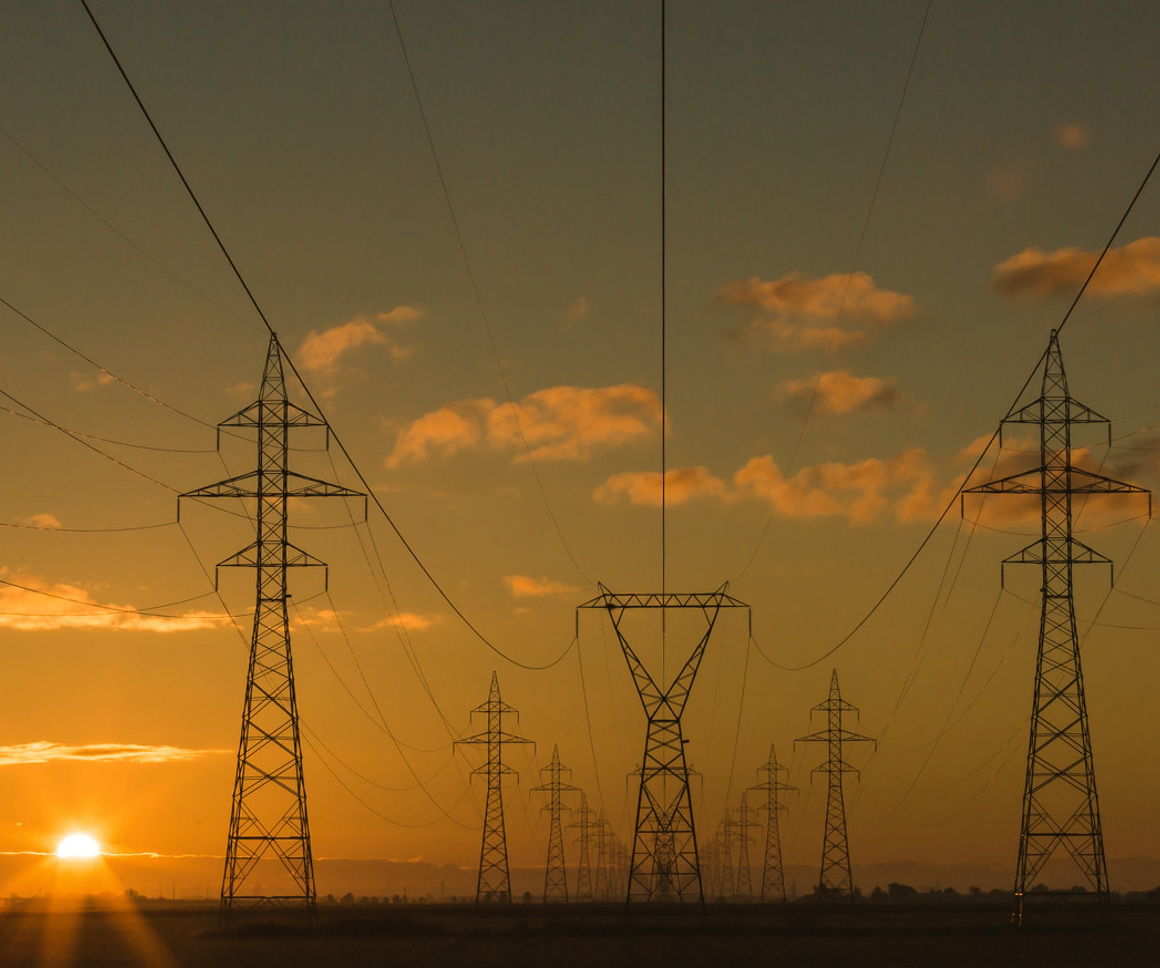“GB BESS storage profits have seen a major downturn in 2023, increasing the need for investors to adopt sophisticated strategies to maintain profitability” – LCP Delta
Energy transition
Summary
- Profits in battery storage have seen a drop of 71% compared to the highs of 2021 and 2022.- Investors will need to explore more sophisticated operating and investment strategies when considering battery storage, spurred by market developments and falling energy prices.
- LCP Delta has produced a report that lays out seven key lessons for investors to beat the bearish market.
- The key lessons incorporate advice for investors to put greater focus on location, selecting the right optimiser, understanding the risks for Net Imbalance Volume (NIV) chasing, and being mindful of the regulatory changes to ease the connection bottlenecks.
12 September 2023 – A 71% decline in average profits in GB’s maturing battery market means investors need to consider more sophisticated strategies to maximise revenue, according to a new report from energy analytics and consultancy firm LCP Delta.
LCP Delta’s 2023 Battery Investment Landscape report highlights that some revenue streams traditionally employed by investors are now drying up. Due in part to the saturation of frequency response markets, LCP Delta reports that since the unprecedented highs of 2021 and 2022, the market has experienced a sizeable drop in profits compared to the past two years. This has been further compounded by falling wholesale power prices and energy trading values. LCP Delta has highlighted seven key lessons for investors, developers, and operators of Battery Energy Storage Systems (BESS) to take when participating in these bearish market conditions.
Until recently, BESS in GB had been trading profitably by allocating almost all volume to frequency response markets, in particular Firm Frequency Reserve (FFR) and Dynamic Containment (DC) services. However, as these markets have become saturated, achieving high returns with a relatively simple strategy will not be possible. LCP Delta’s report highlights that a sophisticated trading strategy needs to be adopted by battery operators. Revenue stacking from wholesale, balancing market, and other riskier strategies like NIV chasing could potentially be lucrative for battery operators to target. This could result in greater variation in the performance of different battery trading strategies. Investors and developers will need to choose their operators carefully to unlock the best return for their assets.
LCP Delta’s STOREtrack platform is forecasting the GB energy storage capacity could reach over 18GW by 2030, with much of this in longer duration BESS. The strong pipeline underlines the increasing competition in the market in capturing storage revenues. It also poses challenges to achieving overly optimistic revenues in the future. In order to remain competitive, developers will need to increase focus on their due diligence to ensure that the project specifics such as duration, technology and location are given careful consideration.
The report also found that the location and configuration of sites are becoming increasingly important when making investment decisions. Whilst the government still deliberates any changes, potential REMA reforms, as well as reforms to existing network charges, could lead to both opportunities and challenges for operators. For example, the possible introduction of Locational Marginal Pricing (LMP) could lead to lower margins for BESS in less optimal sites, while those found near demand centres in under-supplied zones could enjoy more favourable revenues.
Increasing demand, as the electrification of both heat and transport gathers pace and growth in renewable capacity to decarbonise the power sector, means that the fundamental requirement for flexibility, and in particular storage, will continue to grow. Although in the short term, market signals are likely to soften, the long-term fundamentals still remain positive for BESS growth from the increasing intermittency in the system.
Chris Matson, Partner at LCP Delta, commented, “Despite the fall in profits in 2023, the GB power market remains attractive for investors, and the fundamentals for battery storage remain strong.
“The high revenues achieved in 2021 and 2022 were never going to be sustainable, and traders, investors and asset owners will need to refamiliarise themselves with the landscape they are now operating within and understand potential challenges.
The battery market has a key role to play in decarbonising our power system, and in the coming years, we still see huge potential for battery storage. As the durations of assets increase and frequency response markets saturate, sophisticated energy trading and revenue stacking will be crucial.”
About LCP Delta
LCP Delta™ is a trading name of Delta Energy & Environment Limited and Lane Clark & Peacock LLP. LCP Delta™ combines the expertise of LCP Energy and Delta-EE to provide a single partner across the whole energy value chain. We are a team of passionate people using data, primary research, insights, analysis and models embracing advanced technology and innovation to accelerate the energy transition globally.
Our media contacts
Matthew Whitbread
Instinctif Partners
Jessica Beaumont
Instinctif Partners












